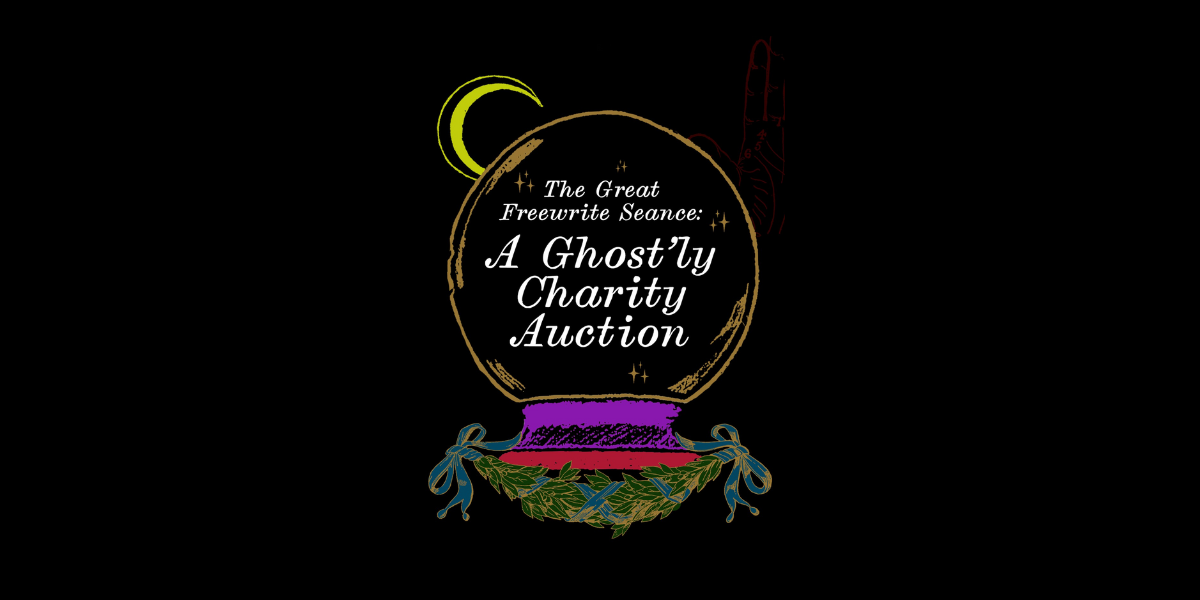
Storytelling is an ancient art form deeply ingrained in human culture. Whether you're a writer, speaker, marketer, or simply someone who enjoys regaling an audience, mastering the art of storytelling is a valuable skill that can enhance your communication abilities.
Here are 6 essential tips to help you become a better storyteller:
1. Know your audience.
Understanding your audience is the cornerstone of effective storytelling. Tailor your narrative to resonate with their experiences and emotions. Make sure your language and characters are appropriate and accessible to your audience.
Whether you're telling a bedtime story to your kids or writing a novel, adapting your storytelling style will help you connect with your audience on a deeper level.
2. Be personal.
Emotion is the driving force behind memorable stories. Whether it's sadness, fear, or excitement, evoke emotions in your audience to create a powerful connection.
As a famous writer once wrote, "There is nothing to writing. All you do is sit down at a typewriter and bleed." (This quote has been attributed to Hemingway, but its origins are disputed.)
Whether you're writing fiction or non-fiction, giving a speech or simply telling a story to friends, infusing your story with your own personal experiences will make it that much more impactful.
3. Pay attention to pacing.
A compelling story is built on a solid structure that includes a clear beginning, middle, and end. Of course, that's oversimplifying it, and there are many common story structures in existence. Regardless, you'll need to make sure your story keeps an audience engaged at every step.
No matter what story you're telling, you'll need compelling characters, a vibrant setting, and clear conflict to drive the plot forward.
4. Show, don't tell. (And know when to break the rules.)
You've definitely heard this one before. Instead of simply stating facts or information, it helps to "show" your audience important plot points through dialogue and action. This allows people to experience the story firsthand, engaging their imagination and emotions.
However, no story is without vivid description and narrative. Know when to break this rule to move your story forward and give your audience all information needed to stay engaged.
5. Ask for feedback.
Effective storytelling involves listening, too. Pay attention to the reactions and feedback of your audience, adjusting your storytelling approach accordingly, when necessary.
However, it's important to know when to trust your gut, too. Storytelling is subjective, and not everyone will love your storytelling style. Know when to act on feedback, and when to let it go.
One way to do this is to ask for feedback from mentors or people in your target audience who you trust and respect. This will get you the feedback you need to get better — without getting lost in too many opinions.
6. Practice.
Becoming a better storyteller is a lifelong journey. As with any other skill, having a regular practice is key to growth and improvement.
--
Storytelling is a powerful tool for communication and connection that transcends boundaries and resonates with audiences of all ages and backgrounds. By honing your storytelling skills, you can become a more compelling narrator capable of captivating and inspiring others.
Every storyteller has their own unique techniques and perspective. Read our latest article to find out: What kind of storyteller are you?





























